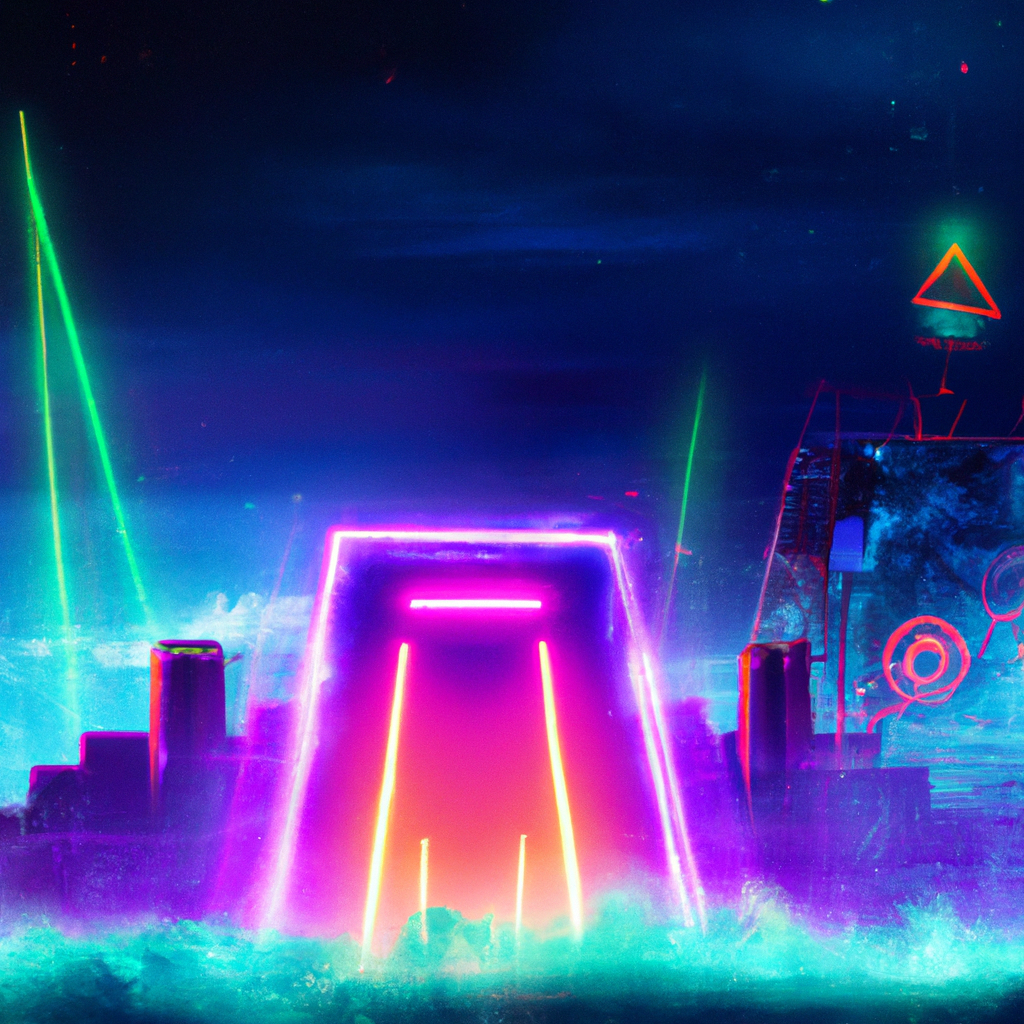“Unlocking Infinite Realities: The Future of Quantum Computing in Gaming”
Quantum computing is a rapidly evolving technology that promises to revolutionize various industries, such as finance, healthcare, and cryptography. However, one of the most exciting and least explored applications of quantum computing may very well be in the realm of gaming. As video games continue to push the boundaries of technology and storytelling, the potential of quantum computing in gaming could offer breakthroughs that were once only a figment of our imagination.
To understand the potential impact of quantum computing on gaming, it’s important to first understand the difference between classical computers and quantum computers. Classical computers work on bits, which are binary and can be either a 0 or a 1. On the other hand, quantum computers operate on quantum bits, or qubits, which can be both 0 and 1 simultaneously, thanks to a phenomenon known as superposition. This property allows quantum computers to perform complex calculations at speeds that are exponentially faster than their classical counterparts.
Now, let’s dive into some of the potential applications of quantum computing in gaming:
1. Improved Artificial Intelligence
One of the most exciting applications of quantum computing in gaming is the potential improvement of artificial intelligence (AI). AI systems in games could take advantage of quantum computing’s immense processing power to create dynamic and adaptive NPCs (non-player characters) that can learn, adapt, and engage players in entirely new ways. By harnessing the power of quantum computing, in-game AI could become much more sophisticated, resulting in more immersive and challenging gaming experiences.
2. Enhanced Graphics and Physics
Quantum computing can also be applied to enhance graphics and physics in gaming. The sheer computing power offered by quantum computers would enable developers to create more realistic and complex visuals, such as advanced lighting, shadowing, and ray tracing systems, as well as more accurate physics simulations. Gamers could be treated to increasingly lifelike environments that push the limits of what’s possible in digital worlds.
3. Massively Multiplayer Online Gaming
Quantum computing could significantly impact the world of massively multiplayer online games (MMOs) by allowing for larger, more immersive, and more dynamic worlds. With the increased processing capabilities of quantum computers, developers could create MMOs capable of supporting millions of players simultaneously, with minimal lag or latency issues. Furthermore, in-game economies, ecosystems, and player interactions could be optimized by advanced AI systems, making MMO worlds even more engaging and interactive.
4. Procedurally Generated Content
Procedural generation is a technique used in game development to create vast, explorable worlds by algorithmically generating content such as terrain, environments, and objects. Quantum computing could take this concept even further by generating incredibly complex and diverse content on a scale not possible with classical computers. This could lead to games with virtually infinite worlds that are constantly evolving and changing, providing players with unique experiences each time they play.
5. Virtual Reality and Augmented Reality
Quantum computing also has the potential to transform the fields of virtual reality (VR) and augmented reality (AR). The increased processing power could lead to more convincing and immersive VR and AR experiences, with improved graphics, more accurate simulations, and advanced AI systems that respond dynamically to players’ actions. This technology could potentially usher in a new era of gaming, where the line between the digital and physical worlds becomes increasingly blurred.
While it may still be several years before we see the full potential of quantum computing realized in gaming, the possibilities are undoubtedly exciting. As the technology continues to advance and mature, we can expect developers to push the boundaries of game design and create experiences that were previously thought to be impossible. The marriage of quantum computing and gaming is just beginning, and the future looks incredibly bright.





